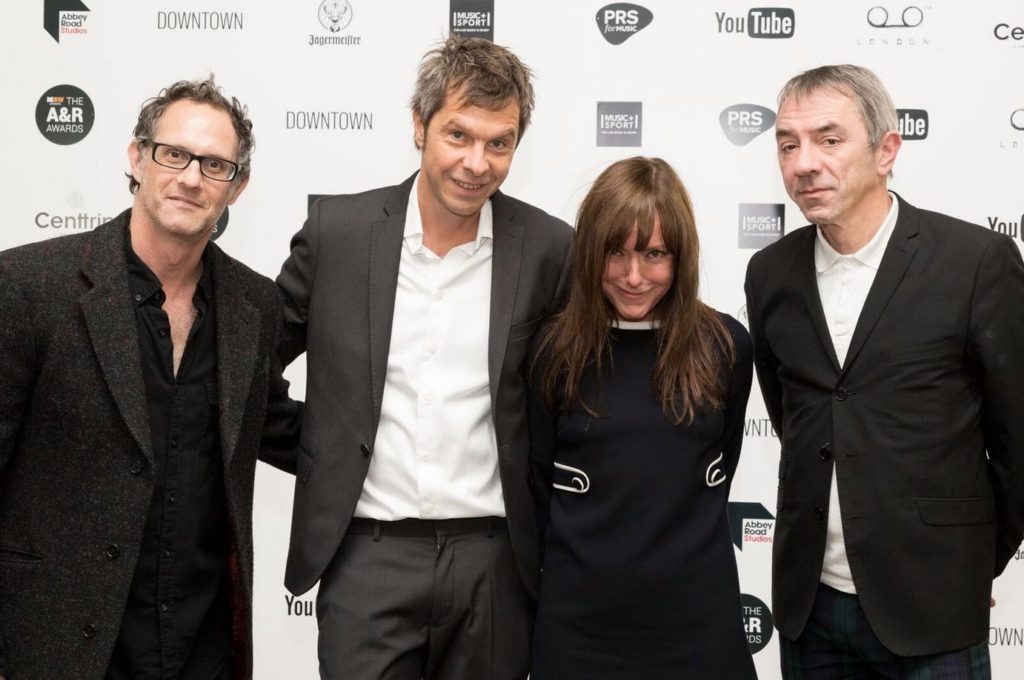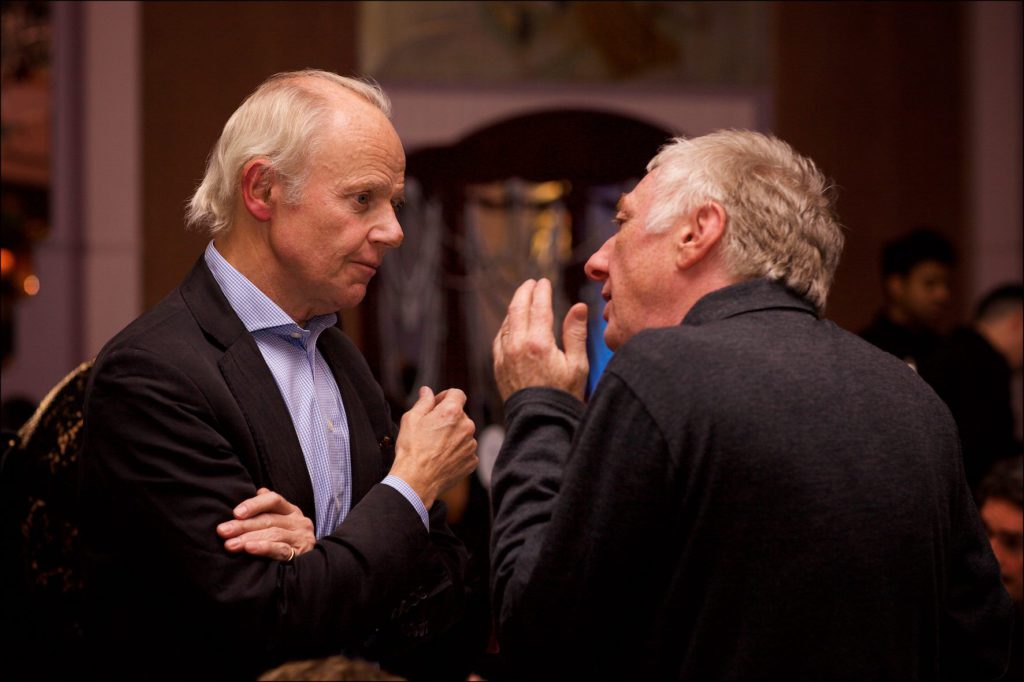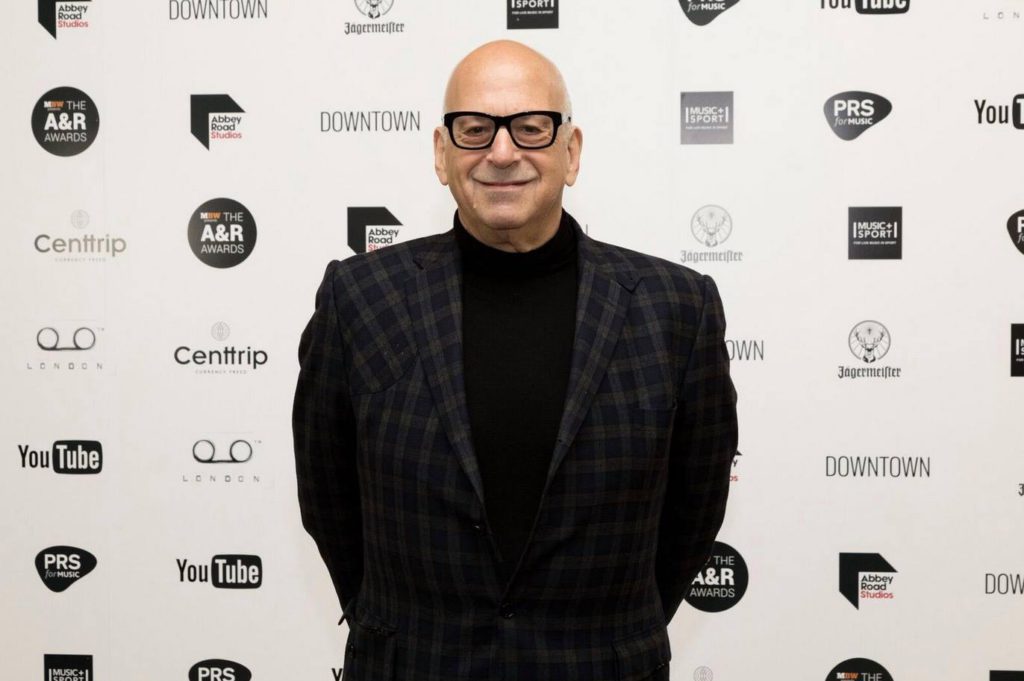The following blog is written by Jason Rackham, Managing Director of [PIAS] UK.
Do artists really want their labels to act like a bank?
That’s the question that comes to mind when I hear the hubbub around the industry about the advantages of the artist services concept – and its potential as the future of the music business.
I remember watching a live trade show panel about one particular artist – an independent icon, no less – which finished with that classic conclusion: ‘They no longer need a label to be successful.’
Of course, if you are an established artist the services model can be very attractive. But I was left thinking where the artist in question would be had it not been for years of hard graft undertaken by an independent label – a label which nurtured them in their early years and developed them into a global success.
This kind of discussion always begs the question: is there still a place in the modern marketplace for the independent label and for independent A&R?
What about the auteurs, trailblazers and pop trend-ignorers who have led the very best labels in recent history?
(Including those [PIAS] is lucky enough to call friends – such as those we hosted at the A&R Awards last week in London including Jeff Barrett (Heavenly), Daniel Miller (Mute), Jon Salter (ATO), Eddie Piller (Acid Jazz), Sarah Bolshi (Sunday Best) and our own Peter Thompson, plus others pictured around this page.)

 Over the last 12 years I have had the pleasure of working with a number of these brilliant people.
Over the last 12 years I have had the pleasure of working with a number of these brilliant people.
They are all unique in character, humour and approach – but they also all have something very much in common: passion.
When the head of an independent label signs an act it means that they have committed to them 100%.
This isn’t an A&R executive in a major label department that moves to a new company every three years. If an artist signs to an independent label, they are choosing a route of stability, where the label and its owner are in it for the long haul.
It means they can develop at a pace that doesn’t leave them under unbearable pressure to achieve masses of commercial success right away.
Perhaps most importantly, the artists who join independent labels are often also joining a defined community. They find like-minded artists, and like-minded people.
People who understand them. People they can trust.
 Most independent labels are extremely caring about the aesthetic of their label, and are determined that the artists they sign are not only good for cracking radio.
Most independent labels are extremely caring about the aesthetic of their label, and are determined that the artists they sign are not only good for cracking radio.
One of the biggest artists I ever worked with signed with an independent record company precisely because their friends had been making music with the same label.
They struggled with a couple of their early albums, yet the label continued to invest and provide tour support. On their third album the act blossomed both creatively and commercially. They went on to sell over a million records.
There is an argument that the global music market is increasingly playlist-led and therefore hit-focused – a realm that’s traditionally the preserve of the major labels.
There is some truth in this idea. Yet the independent approach to A&R is still valid – perhaps more than ever.
As streaming grows and the market consolidates it will take longer to break artists. In this environment, the patience and tenacity of the independent label will prove to be more important than ever before.
People sometimes assume that independent labels are parochial in their outlook but in fact they are some of the most ambitious exporters in the industry. Unencumbered by territorial politics or spurious ‘priority’ policies they can think truly global and reach a worldwide audience.
The growth of robust distribution platforms, territory-specific marketing and promotional expertise combined with an ever-expanding touring market is allowing independent labels and their artists to reach new audiences and to tap into growing ancillary income streams.
 The people at independent labels are often vital in this process. They share a vision for the label, and tend to feel a real sense of ownership.
The people at independent labels are often vital in this process. They share a vision for the label, and tend to feel a real sense of ownership.
This is difficult to replicate at a major label, where staff churn is all too commonplace. There are entire teams in place at [PIAS]’s partner labels who have been with the same companies for over ten years.
These people often aren’t on a particularly big salary and certainly aren’t being paid huge bonuses to ‘deliver the numbers’. They are building something for the future.
Their label is everything to them; it defines them.
This sense of building for the future can truly benefit artists looking to create long healthy careers in what can often be a cynical and turbulent business.
That panel at the trade seminar that I spoke of earlier?
They concluded that an artist doesn’t really need a label anymore – they just need a small group of passionate, dedicated people to make them a success.
And, of course, a small group of passionate, dedicated people pretty much describes every great independent label there has ever been.
